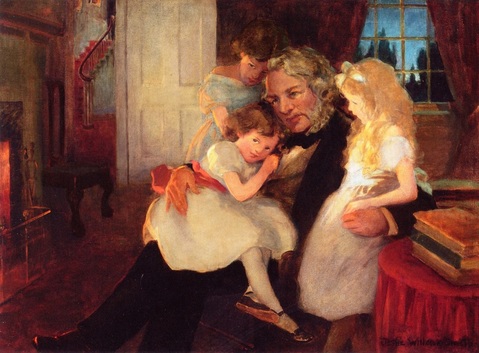A Way to Understand Movie Ratings
Have you ever scratched your head over a movie rating that seemed “safe” and ended up shocked? Have you seen a movie with a rating more mature than you normally prefer, and then wondered why since there wasn’t anything objectionable in it? You aren’t alone! Has Hollywood Lost It’s Mind answers all these puzzling questions and is a great tool that educates and empowers parents.
Chris Hicks has been a movie reviewer for both newspaper and radio for over 30 years. He has been passionate about movies from every genre since his childhood, and now, in Has Hollywood Lost It’s Mind?, he lifts the curtain of movie ratings for confused parents and viewers everywhere.
In this book, Chris explains:
- the history of movie ratings
- the process of getting a movie rated
- the politics involved
- profit strategies that are linked to ratings
- common misconceptions that both producers and parents may have about the implied quality of a movie, the box office draw that certain ratings bring, or the content that may be in them.

What is most obvious in this book is the author’s passionate challenge to both Hollywood and parents to protect childhood by making and viewing movies wisely. One of my favorite lines in the book is when he challenges a common justification for inappropriate items in movies:
If you call them on it [gratuitous sex, violence, and language], filmmakers become defensive, justifying such content by arguing that children are exposed to it every day in one form or another-even in elementary school yards. But if you talk to teachers, or even children themselves, they will tell you that when it is brought to the school yard it has often come from a movie. (pg. 182)
One reason for the inconsistency we often see in movie ratings is that the MPAA board switches out every 2-3 years. In addition, the ratings system has evolved over time (a G in the 60’s for example had different qualifications than a G now). Finally, current movie producers often aim for a PG-13 rating–no matter the target audience- in an effort to increase profits.
Interestingly, a movie can appeal a rating and ask for a change from an R to a PG-13, without changing any content. Often this appeal gets approved. I appreciated the myriad examples of movies both old and new to illustrate the history of the current rating system–it helped me understand it all so much better.
Understanding Movie Ratings Has Changed me
I consider myself a pretty careful parent when it comes to movies, but this book has really educated me about the rating system and made me more aware of what we watch. I have five children: three older and two younger. Often the younger kids end up watching movies that the older kids are interested in. This book has made me re-examine the movies that all of the children, but most especially the younger ones, are exposed to. Before, I thought, “This is a great movie with a great message for older kids,” but now I am asking, “Is this appropriate for young children?” or “Is this designed with young children in mind?” Though subtle, this change of perspective has prompted a shift in my decision making.
Additional Resources within the book
Chris wants to empower parents like you and me. To do this, he created a list of online resources at the back of the book to help parents research a movie’s content on their own to see if it will be appropriate for their family. He also includes a list of lesser known but quality films that could facilitate many fun (and appropriate) family movie nights.
Has Hollywood Lost It’s Mind has made a really big impact on how I choose what movies to watch. It educated me and empowered me. Please take the time to read this book, as you decide how to make meaningful media choices for your family.







